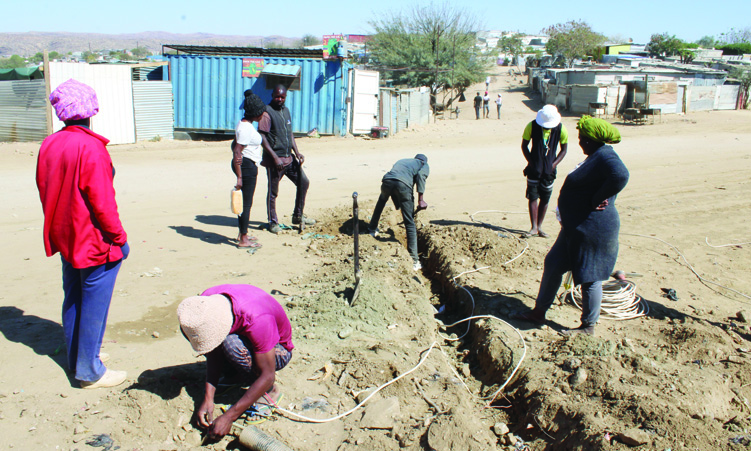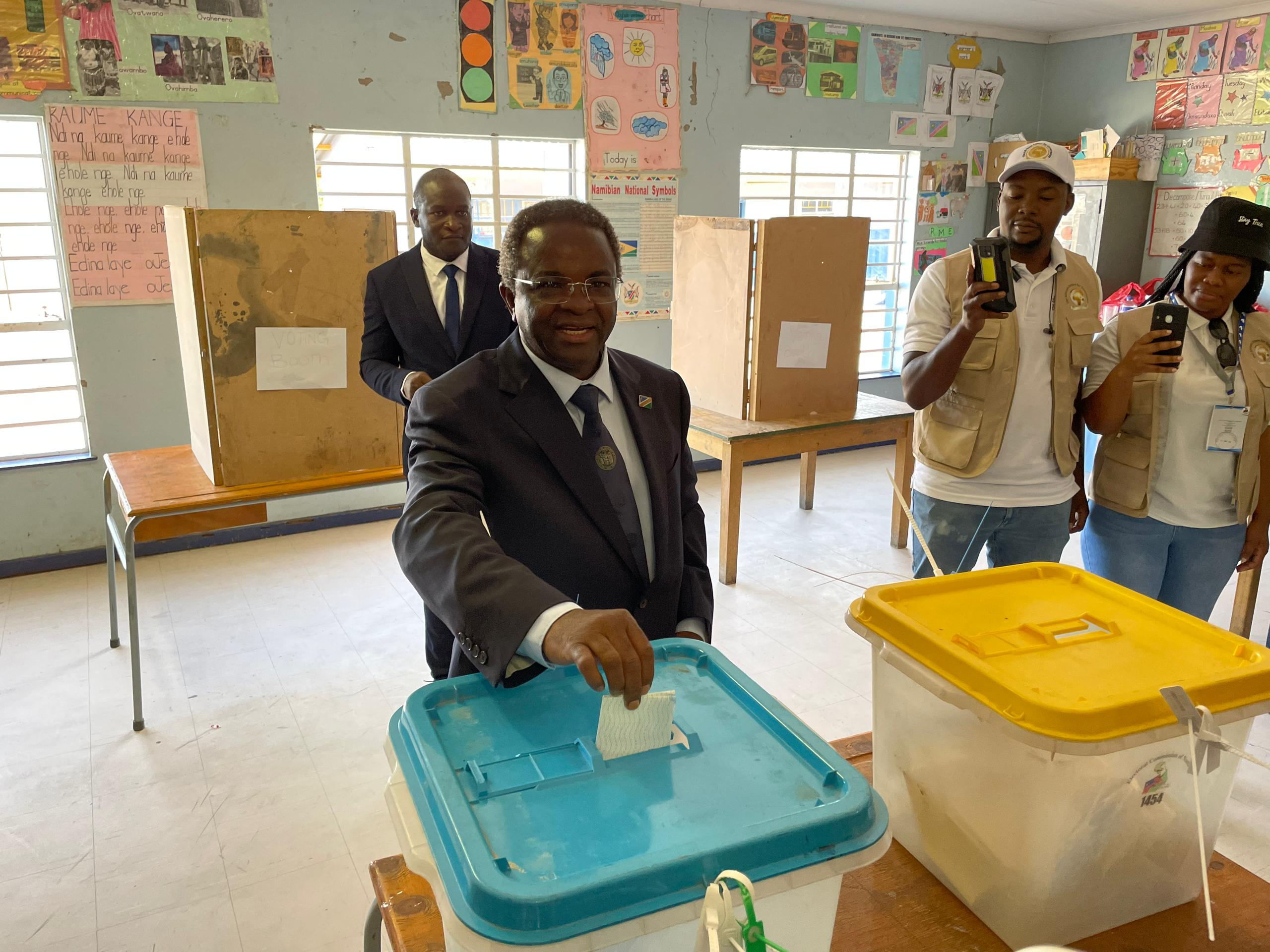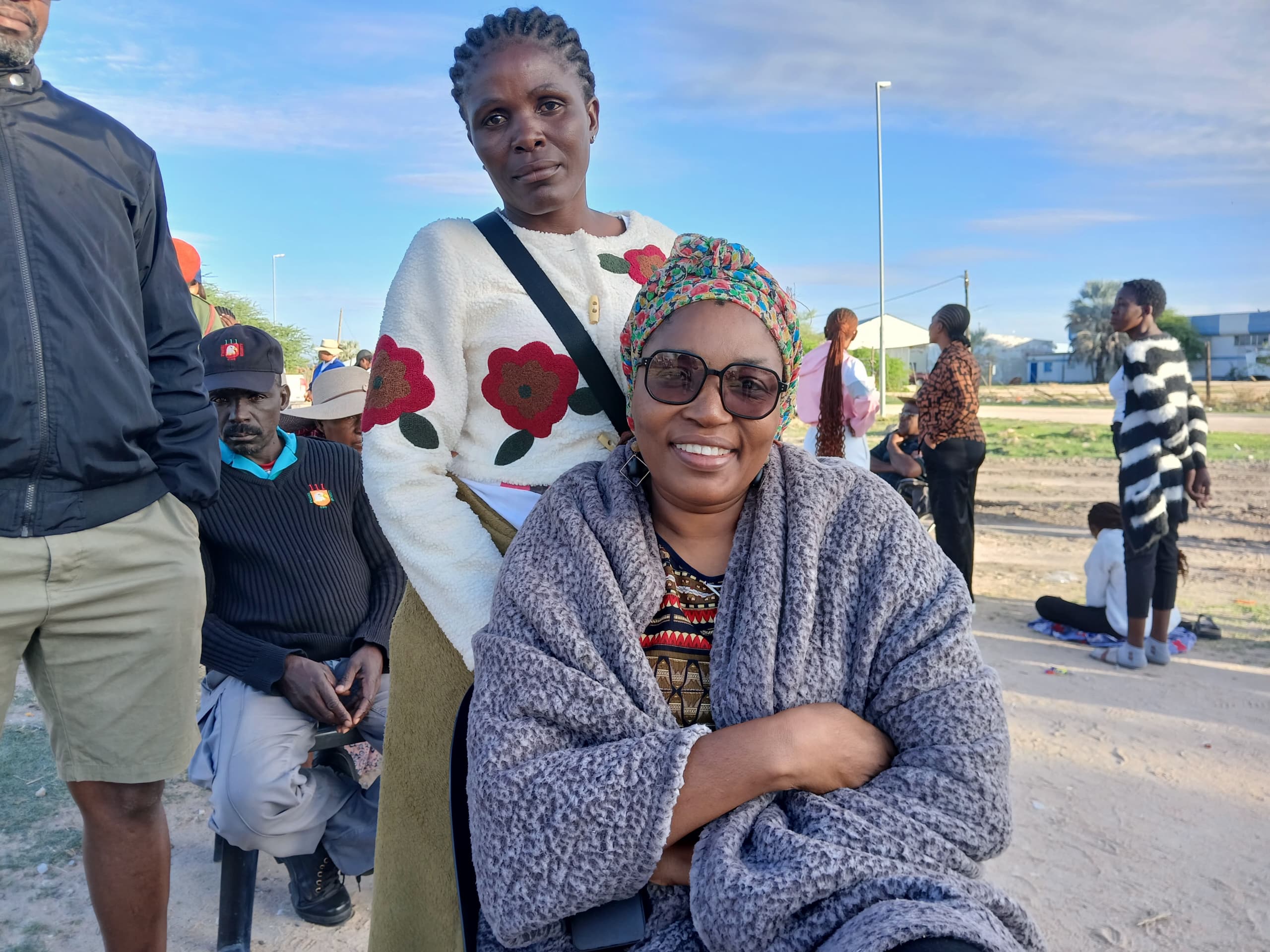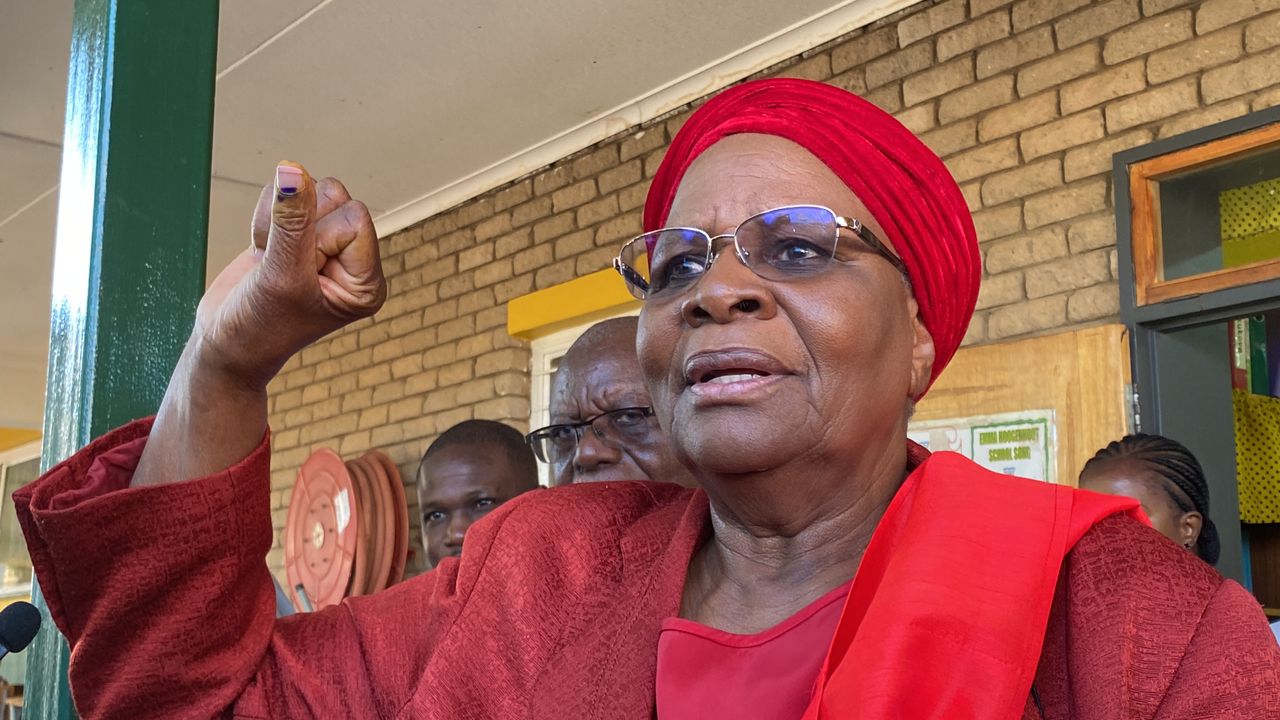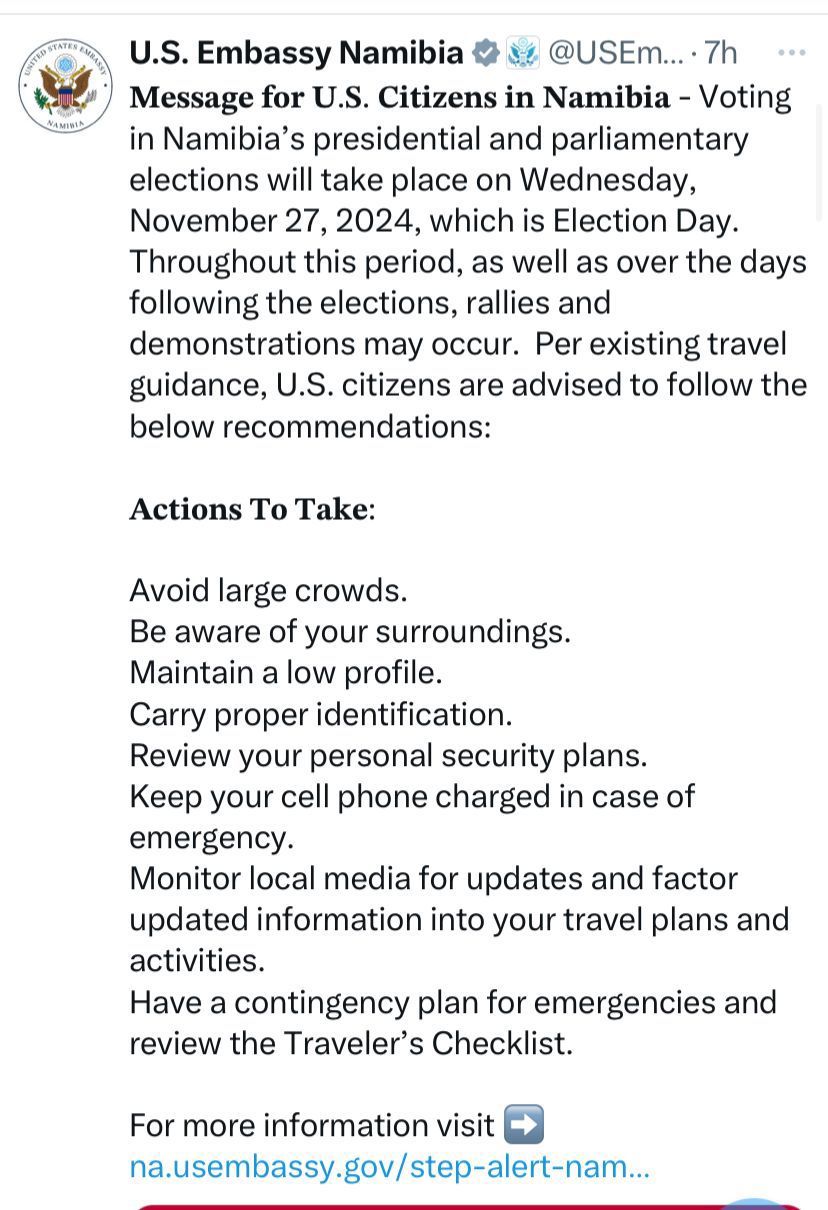What is it like to have no access to electricity in a city?
For the people of Peter Nanyemba Road at Havana informal settlement in Windhoek, it means digging up and stealing copper cables at night – when no one is looking.
“Everyone in Windhoek needs power where they stay – it doesn’t matter where you stay. You also need water,” community leader Dawid Kamati says.
He says when approaching the City of Windhoek about the matter, they are told their approach was illegal.
Kamati says they were turned away because they set up camp without prior talks with the municipality.
He says it is due to poverty that they settled in the area.
Two shacks away, boys are digging a trench from one of the houses to their shack to connect it to electricity.
A woman using a crutch is standiung close by.
The power line is being set up for her. The woman, who prefers to remain anonymous, says she has been without electricity for three days.
She says wires are often stolen from the ground in the middle of the night.
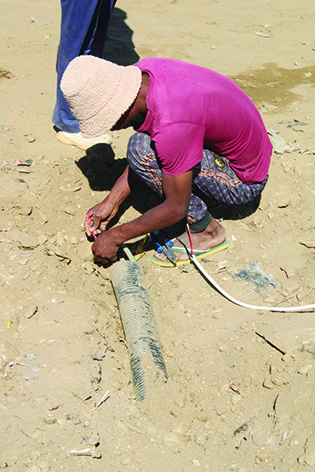
“We are struggling. We don’t have running water, nor access to electricity,” she says.
Locals say copper wire theft happens frequently and fast.
Thieves dig up the wires at night to sell for a bit of cash.
This has become a business in and around Windhoek. The City of Windhoek says inspections reveal five to 10 new cases across Windhoek per week.
The municipality recently raised concern over the impact this has on the city’s ability to provide adequate services.
City spokesperson Lydia Amutenya says over 100 incidents of electrical equipment theft and malicious damage to property have been reported in the past three years.
“Illegal connections have resulted in losses of over N$15 million during the same period. However, these losses are mitigated through fines and back charges once illegal connections are detected,” she says. Amutenya says illegal connections create additional loads not accounted for in the original network design, leading to serious instability and frequent unplanned outages.
She says this overload reduces the lifespan of electrical infrastructure, resulting in significant financial costs for premature replacements.
“Additionally, unauthorised connections pose severe safety hazards, potentially leading to fatalities. Property owners found with illegal connections are fined according to the gazetted tariffs,” Amutenya says.
Mobile Telecommunications Company spokesperson Erasmus Nekundi says unlawful activities such as the theft of batteries or vandalism of equipment on network sites are critical setbacks.
This undermines efforts to ensure quality network connectivity in Namibia.
“And while we are committed to enhancing protective measures against break-ins and vandalism on our sites, we also sternly caution that anyone found guilty of this offence will face serious legal consequences,” he says.
Nekundi urges members of the public to take part in community policing and safeguarding infrastructure.
Stay informed with The Namibian – your source for credible journalism. Get in-depth reporting and opinions for
only N$85 a month. Invest in journalism, invest in democracy –
Subscribe Now!


